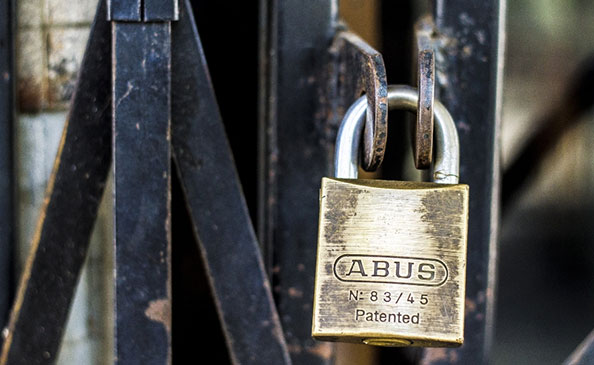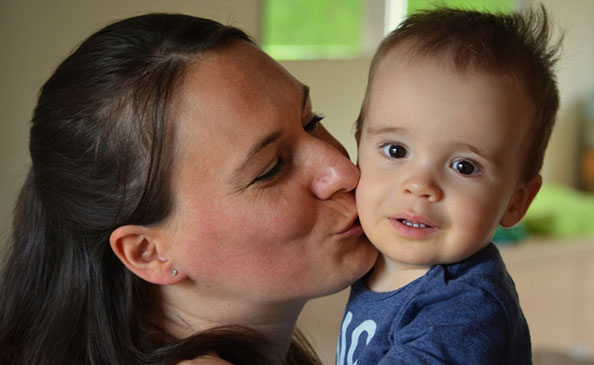What is it?
Collaborative practice is a method of out-of-court dispute resolution of family law issues using private structured negotiations to identify issues and explore options for addressing them. Each client is represented by an attorney trained in the collaborative process. A Neutral Facilitator, typically a mental health professional, creates a safe place for the couple to resolve issues civilly and, where children are involved, craft a child-centered parenting plan. A Neutral Financial professional gathers and analyzes all the financial information.
Negotiations are completely private and take place at four-way meetings in the presence of, and with the active involvement of all participants. In collaborative law, unlike all other forms of dispute resolution, the risks and costs of failure are distributed to the lawyers as well as the clients. The lawyers and the clients enter into written contracts governing the negotiation process. If the collaborative process breaks down, the expert consultants and both lawyers are disqualified from participating in subsequent litigation.
What are the benefits of collaborative?
There are many benefits to you of making the collaborative choice:

Privacy

Control
The clients determine the pace of the proceedings, not the court docket. The clients make the decisions, not the judge.

Flexible, Creative Solutions
The collaborative team helps the clients explore creative solutions to their issues not limited to what the law allows or court proceedings.

Relationships Preserved
Instead of tearing the family part with an adversarial process, civil relationships are maintained with the extended family.

Child-Friendly
Conflict and hostility between the parents are damaging to the children. By keeping the process respectful, children are protected.

Expert Team
You are not relying on just an attorney, there is a team including a Neutral Facilitator and Neutral Financial to support both of you and address critical financial and emotional issues.
Video: How Did It Develop?
Collaborative law is one of the most important developments in the American legal system in the past 25 years, yet it is largely unknown to the Florida public. It started to develop in the 1990’s in Minnesota and in 2007 the National Conference of Commissioners on Uniform State Laws created A Drafting Committee on Collaborative Law. Since then 18 states have adopted collaborative legislation including Florida.
Collaborative practice has spread world-wide. It is being practiced in countries all over the world. The brief video right provides an excellent explanation of collaborative law and its development.
Where do I start?
You start with a consultation with a trained collaborative attorney. Ideally, both you and your spouse/partner have agreed in advance on the collaborative process or are, at least, jointly willing to explore it. Each client must be represented by their own collaborative attorney. If you both decide to go forward, the attorneys will select the additional team members needed given your situation –typically a Neutral Facilitator and a Neutral Financial.
Our website directory of trained collaborative attorneys gives you a rich source of options for assistance:
How is it done?
The collaborative process is done in stages:
Stage 1: Setting the Framework, Committing to the Process, Making Temporary Arrangements
Informed consent to the collaborative process is obtained after a review of all the options for divorce in Florida. Motivations are clarified and any temporary arrangements regarding housing, child care and finances are established. The collaborative team is chosen and funded.
Stage 2: Information Gathering
Issues regarding the divorce are identified. The factual, legal and emotional background is developed. The parties’ interests and identified and understood.
Stage 3: Brainstorming and Option Development
Options are brainstormed for each issue, then compared against the interests identified by the parties and prioritized.
Stage 4: Negotiating and Choosing Solutions
Options are created, analyzed and prioritized. Proposed solutions are modified and refined to create resolution.
Stage 5: Drafting an Agreement, Implementation and Final Debriefing
An agreement is drafted and finalized. Required court forms are prepared and signed. An implementation plan is developed and carried out. The couple received a final debriefing.
Does it really work?
The short answer is yes. Both the International Academy of Collaborative Professionals (IACP) and the Florida statewide organization, The Florida Academy of Collaborative Professionals (FACP) constantly survey the clients their members serve. The outcomes are impressive:
- 92% of cases are completed with a full settlement agreement
- 65% of cases took less than 6 months; shorter than much divorce litigation
- 53% had a total cost of $20,000 or less per client; far less than much divorce litigation
In addition to achieving successful outcomes, the collaborative approach also has a high client satisfaction rate. The IACP conducted a survey to obtain feedback from collaborative clients following the completion of their divorce:
- 3/4ths of clients were satisfied with both the outcome (the result) and the process (how they got there)
- 3/4ths of clients would recommend the approach to a friend.
- Clients were most satisfied with the extent to which the collaborative process benefited their children, particularly their post-divorce relationship with their children and with their co-parenting relationship.
Will it work for me?
That depends on your willingness to abide by certain key commitments:
- Full, voluntary disclosure of all relevant information – no hiding or holding back
- Accept settlement as the goal of the process and participate in the process respectfully
- Joint retention of experts
- Commitment to meeting the goals of both parties if reasonable and possible
- No threats of litigation period
- Four-way settlement meetings as the principal means by which negotiations and communications take place – no bargaining through agents
As important and valuable as collaborative law is, it is not for everyone. Poor candidates for the process include people with significant psychiatric problems, substance abusers, families with active domestic violence problems and people unwilling or unable to follow through on commitments, both substantive and procedures made during the collaborative process.

